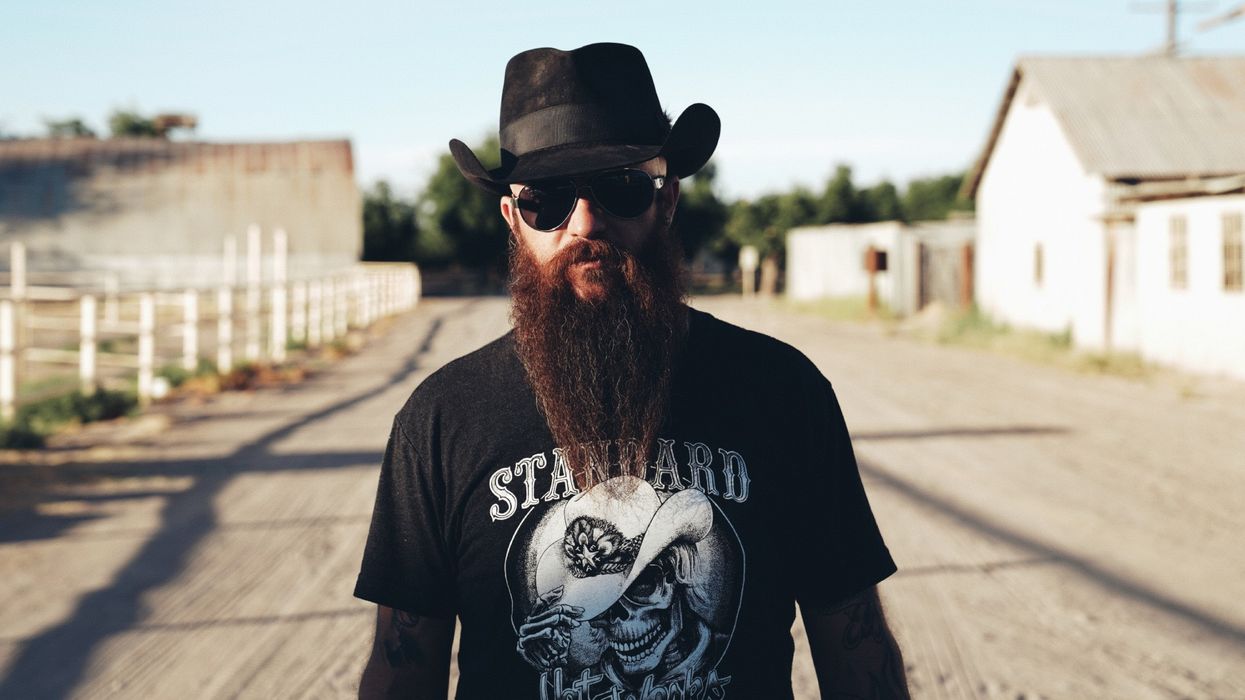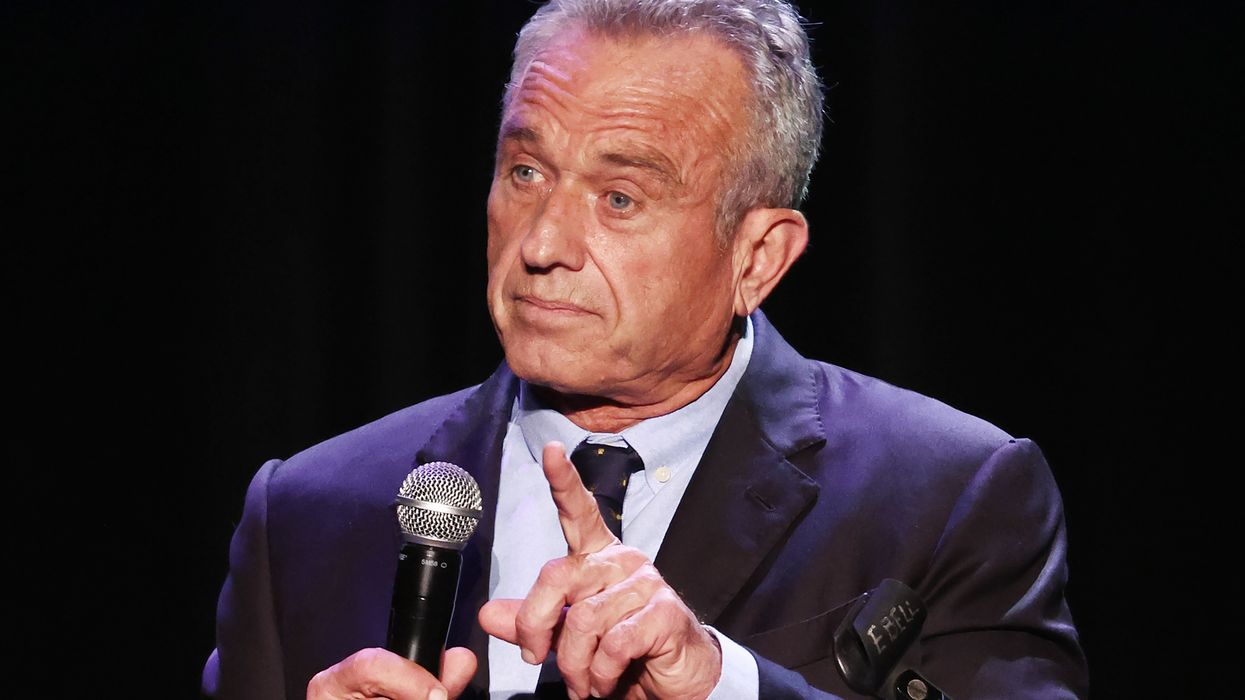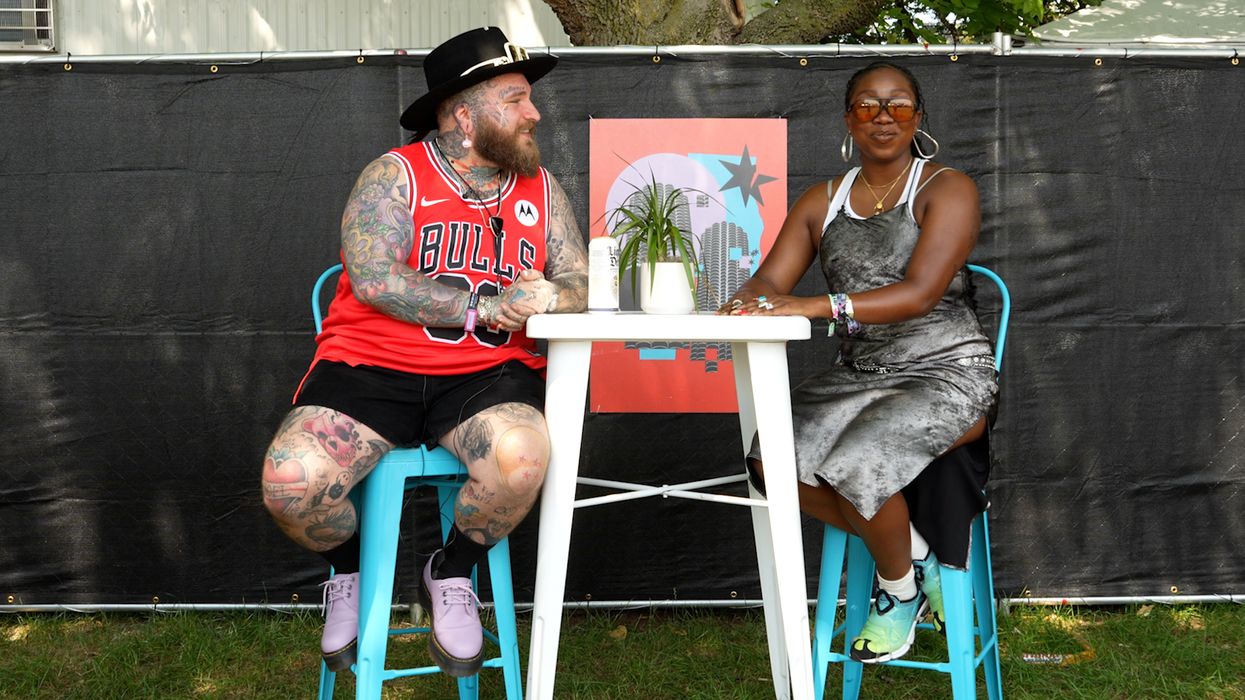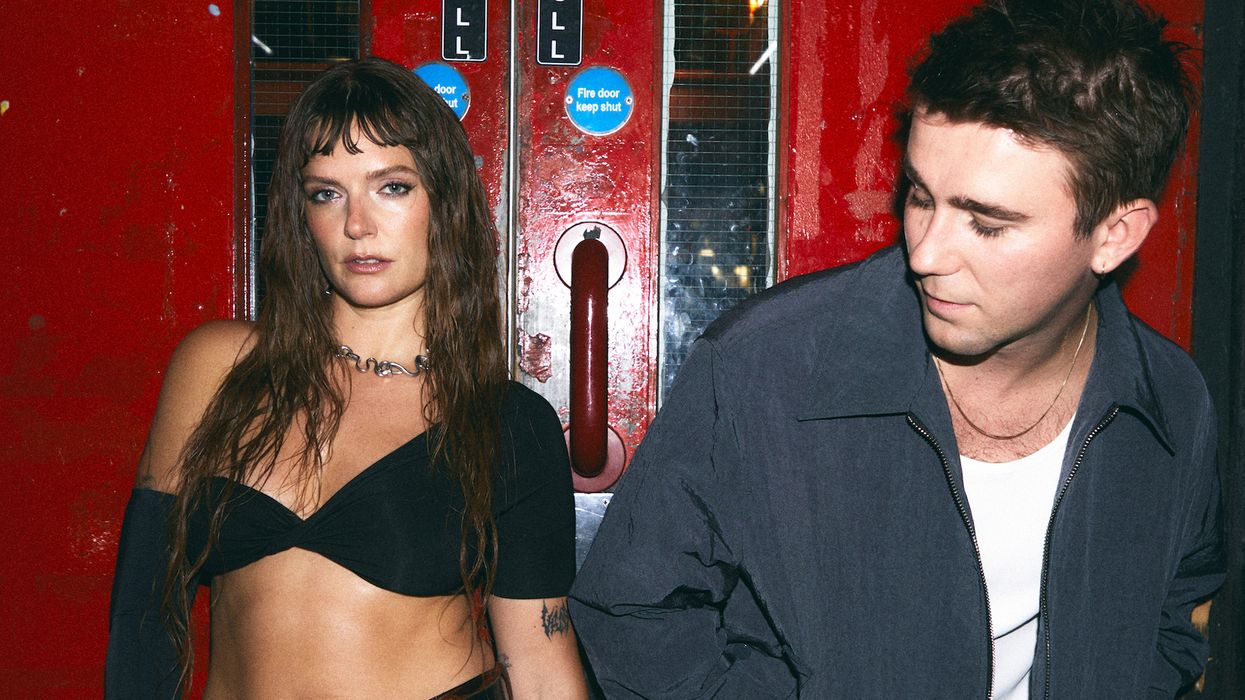As of this writing, it has been over two days since Future and Metro Boomin dropped their first full-length collaboration, We Don’t Trust You, and it has almost been completely overshadowed by a Kendrick Lamar cameo. The track on which he appears, “Like That,” prominently features Rodney O and Joe Cooley’s 1987 single “Everlasting Bass,” and Metro uses it like Three 6 Mafia did throughout their discography, from “Where Da Bud At” to “Who the Crunkest.” Thanks in part to the Mafia, “Everlasting Bass” has become an avatar of Jheri-curled hardness, and an ominous allusion to the predations of the crack era. Metro summons the vibe while blending in Michel’le’s nursery line from Eazy-E’s “Eazy-Duz-It,” to boot. “Muthafuck the Big 3/It’s just big me!” charges Lamar, apparently calling out rivals Drake and J Cole as well as referencing Ice Cube’s Big 3 basketball circuit.
The ripple effects of Lamar’s “Like That” verse have galvanized rap fans, inspired too many social-media explainers on his references — the shoutout to E-40 and The Click, Melle Mel, and Prince (“Nigga, Prince outlived Mike Jack[son]”) — the 6 God’s beleaguered fan base to rally around him, and led Drake himself to make a defensive, albeit vague remark during a concert in Sunrise, Florida. Suddenly, it’s 2013 again, with Lamar kicking over the Round Table just as he once did on Big Sean’s “Control.” But in 2024, the stakes seem much lower. Both Lamar and Drake are in the mid-thirties, with their aesthetic contrasts firmly well established. A decade ago, the two seemed representative of different paths mainstream rap could take; now, they’re just maintaining empires. Any ensuing lyrical dispute, whether it’s more of the “sneak dissin’” the two have engaged in for years or a full-on rap battle, will feel more akin to Lebron vs. Curry in the play-in tournament, not the championship.
Thankfully, that can’t be said for Metro Boomin, who has embraced maximalist, cinematic gestures in an era when the genre feels too niche, too reducible to TikTok clips and 15-minute-long EPs. Unlike Heroes and Villains, his solid albeit portentous effort from 2022, We Don’t Trust You doesn’t come packed with Morgan Freeman as the voice of God. However, the St. Louis-born, Atlanta-based producer culls heavily from several snippets of a boisterously entertaining Prodigy interview where the late Queensbridge rapper called out his competition. “We the professionals, son! We professionals at what we do! Like, cut it out!” Prodigy roars in a clip inserted at the beginning of “Claustrophobic.”
All of Metro’s symphonic textures — the spooky tones of “Ice Attack,” his sampling of Mobb Deep’s “Quiet Storm” on “Seen It All” — offer opportunity for a compelling leading man to weave magic. On that level, Future is only intermittently successful. The Atlanta rapper’s mannered, free-associative delivery doesn’t naturally yield the kind of electric sparks that Lamar generates on “Like That.” And unlike Playboi Carti, whose strangely hoarse cameo on “Type Shit” will continue to fuel debate around his increasingly weird style, Future doesn’t attempt any major creative shifts on We Don’t Trust You. He remains a rapper-singer who burrows into tracks as he conveys his reality of sensual delights and opiate-numbed paranoia. Love it or hate it, he’s going to give you a lot of bars about drinking codeine and serving amphetamines. He may not rise to Toxic King levels here, but he’s still got “these regular hoes/I got superstar hoes/Taking pictures of me like a Fed” on “Young Metro.”
Future serves as the eye at the center of the storm as Metro orchestrates a whirlwind of old-school verisimilitude, guest appearances from the likes of Rick Ross and Travis Scott, and haughty, post-platinum angst reminiscent of Missy Elliot’s attack against her haters on Da Real World. The Atlanta rapper offers a notably strong chorus on “Running Out of Time,” and bounces energetically on “Fried (She a Vibe).” But his performances on tracks like “GTA” and “Ain’t No Love” sound dreary. We Don’t Trust You feels longer than its hour runtime, despite several decent cuts. The album isn’t bad: Metro remains a fascinating producer, and Future manages to hold his own despite his well-worn tics. But it only takes a single Lamar verse to show what the game’s been missing.
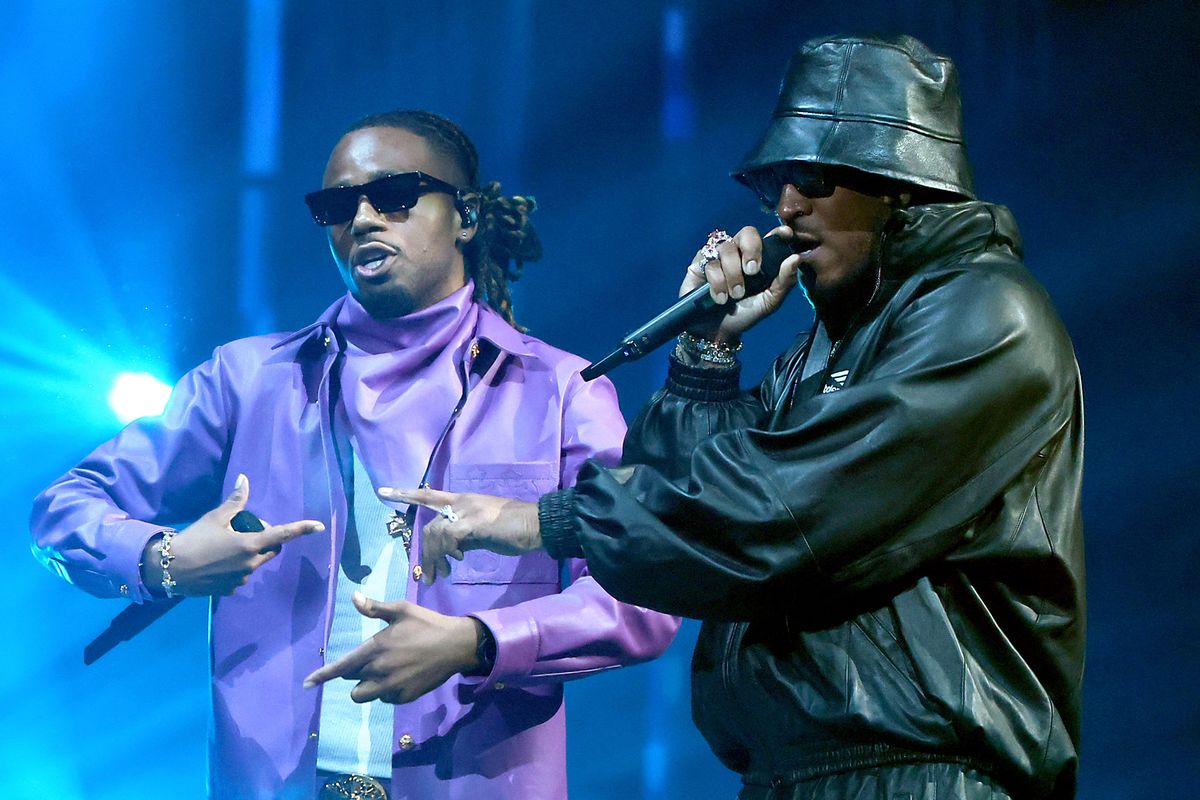





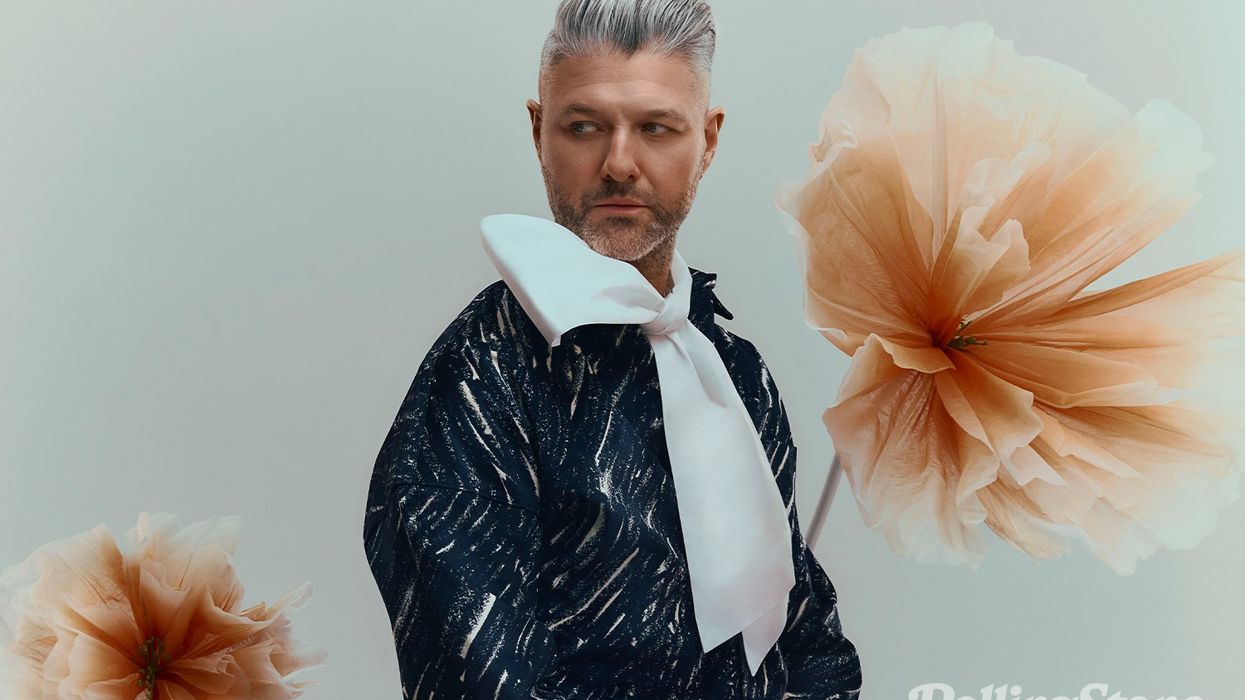
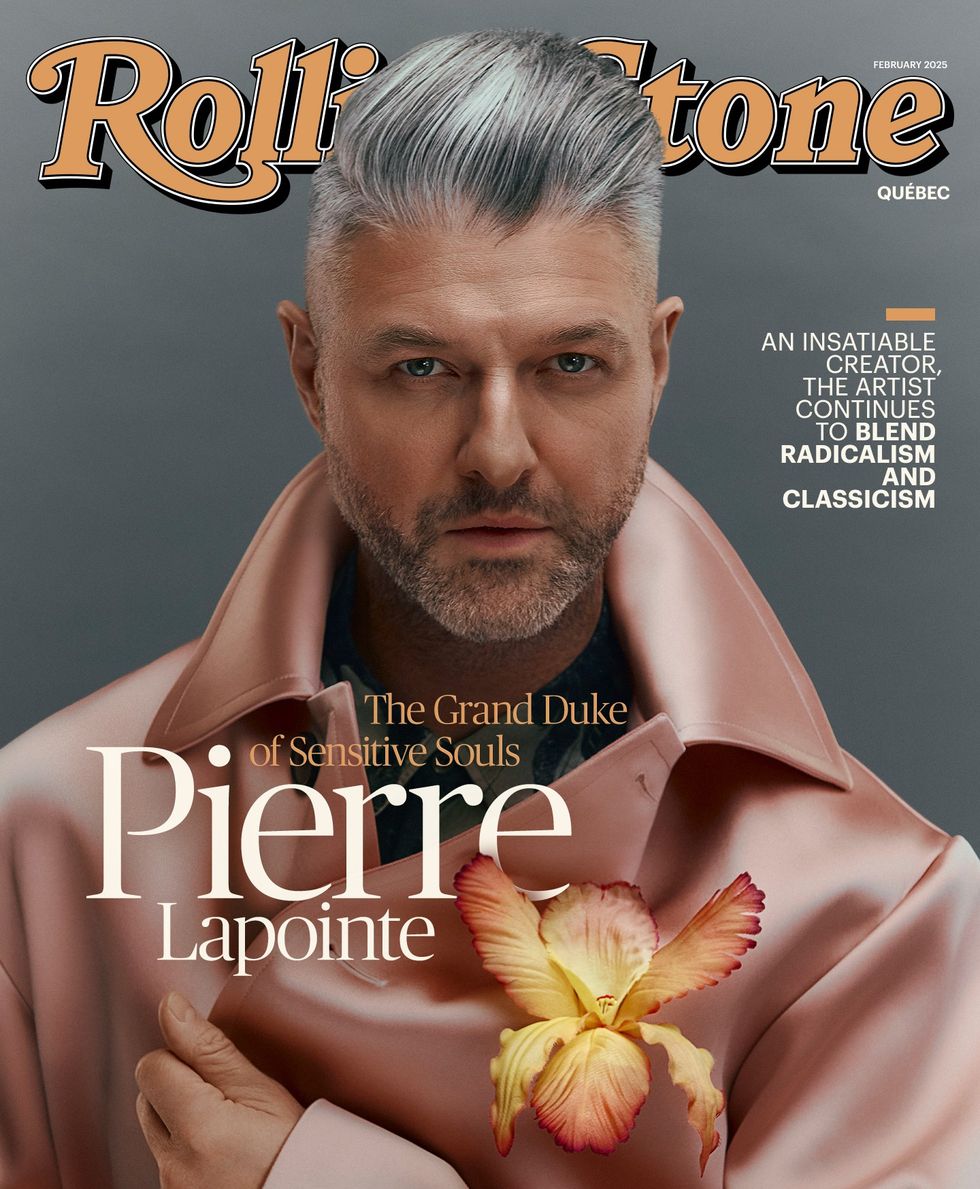 Coat (polyester and wool), shirt (silk), Dries Van Noten, SSENSE.com / Flower (silk), M&S Schmalberg
Coat (polyester and wool), shirt (silk), Dries Van Noten, SSENSE.com / Flower (silk), M&S Schmalberg
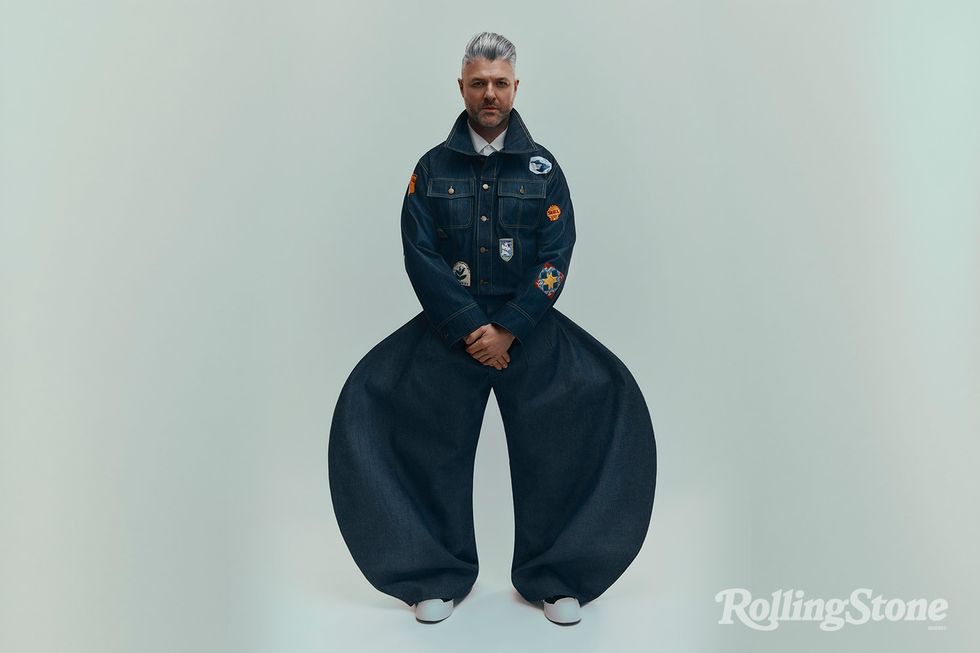 Blouson (denim and hand embroidered patches), WJ Crosson / Shit (polyester), Homme plissé Issey Miyake, Holt Renfrew/Pants from personal collection/ Shoes(canvas), Marni
Blouson (denim and hand embroidered patches), WJ Crosson / Shit (polyester), Homme plissé Issey Miyake, Holt Renfrew/Pants from personal collection/ Shoes(canvas), Marni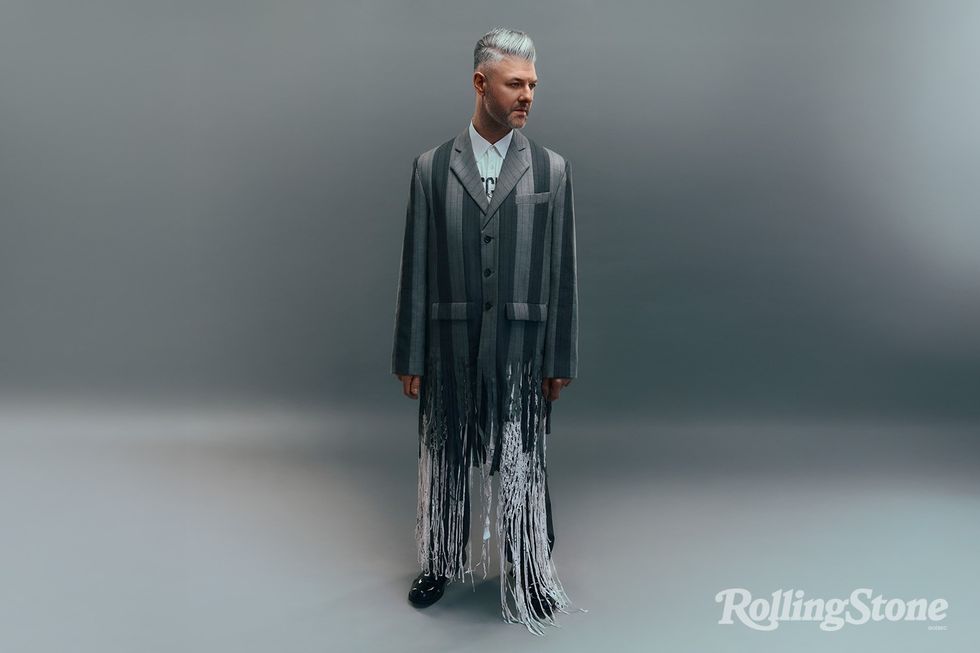 Jacket and pants (virgin wool), shirt (acrylic coated cotton), Moschino / Shoes from Pierre Lapointe's personal collection
Jacket and pants (virgin wool), shirt (acrylic coated cotton), Moschino / Shoes from Pierre Lapointe's personal collection